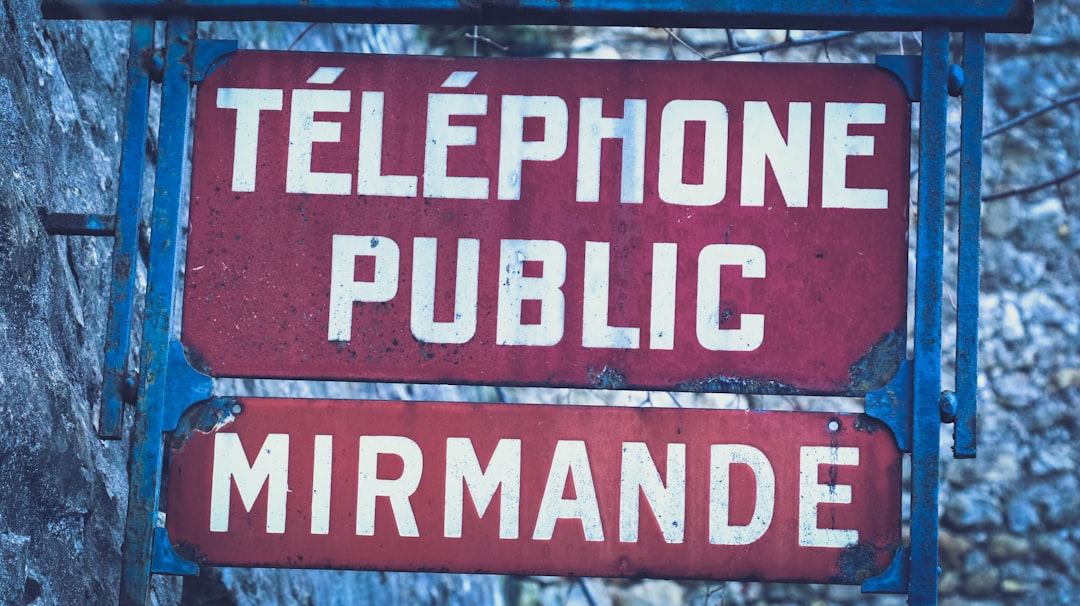Debtors in Virginia are protected by state and federal laws that regulate debt collection practices, including validation of debts, restrictions on harassing behavior, and clear guidelines for communication. If you suspect illegal collection practices, consulting a specialized debt collector attorney in Virginia is essential to understand your rights, file complaints, and take legal action. Early documentation of evidence and swift contact with the attorney can help stop harassment and ensure fair treatment.
In Virginia, understanding your rights against illegal debt collection practices is crucial. This guide delves into the intricate world of debt collection regulations, empowering debtors with knowledge. We explore what makes a debt collection practice illegal and highlight the specific rights individuals possess. Additionally, we present an overview of legal remedies available to victims and offer strategic advice on selecting the ideal debt collector attorney in Virginia. Learn essential steps to take if you find yourself facing unlawful debt collection tactics.
Understanding Illegal Debt Collection Practices in Virginia

Debt collection laws in Virginia are designed to protect consumers from aggressive or unfair practices by debt collectors. It’s important to know your rights and understand what constitutes illegal debt collection. In Virginia, debt collectors must adhere to strict regulations when attempting to collect a debt, including providing validation of the debt and ceasing communication if you request it. They cannot use abusive, threatening, or harassing language, nor can they contact you at unreasonable times or places.
If you believe you have been subjected to illegal debt collection practices, consulting with a debt collector attorney in Virginia is a crucial step. An experienced attorney can help you understand your legal options and guide you through the process of filing a complaint with the appropriate authorities. They can also represent you if the case goes to court, ensuring that your rights are protected throughout.
What Rights Do Debtors Have Against Debt Collectors?

Debtors in Virginia have several rights protected by both state and federal laws when dealing with debt collectors. One of the most significant rights is the ability to challenge the validity of a debt. If a debtor believes that the debt collector is pursuing an illegal or invalid debt, they can request verification of the debt from the collection agency. This process ensures transparency and prevents debtors from being misled or harassed by false claims.
Additionally, Virginia law limits the tactics debt collectors can employ when attempting to recover debts. Debtors are protected against abusive, unfair, or deceptive practices, such as threatening language, harassment, or the use of false information. If a debtor feels their rights have been violated, they may seek legal counsel from a debt collector attorney in Virginia to understand their options and take appropriate action to stop illegal collection efforts.
Legal Remedies Available for Illegitimate Debt Collection

If you’ve fallen victim to illegal debt collection practices in Virginia, it’s crucial to understand your legal remedies. The first step is to gather evidence, including any communication from the debt collector that violates your rights. This could include threats, harassment, or misrepresentations about the debt. Once you have this, consult with a debt collector Attorney Virginia who specializes in these matters.
Your attorney can help you navigate the legal system and take appropriate action against the debt collector. This might involve filing a complaint with the Virginia Division of Consumer Affairs or pursuing litigation to stop the harassment and recover any damages incurred. Knowing your rights under Virginia law is essential to ensuring that debt collection activities are conducted fairly and ethically.
Choosing the Right Debt Collector Attorney in Virginia

Choosing the right debt collector attorney in Virginia is a crucial step in navigating the complexities of illegal debt collection practices. With various legal options available, an experienced and knowledgeable attorney can make all the difference. Look for a lawyer who specialises in consumer rights and debt collection laws specifically in Virginia. This expertise ensures they stay updated with local regulations and can provide tailored advice.
Reputations matter; seek referrals from trusted sources to find attorneys with a proven track record of successfully defending clients against illegal debt collection tactics. Review their case history, client testimonials, and the types of settlements or verdicts they’ve achieved. Ensure communication is clear and consistent throughout the process, as a good attorney-client relationship fosters trust and openness, vital for an effective legal partnership.
Steps to Take If You're a Victim of Illegal Debt Collection

If you find yourself facing what you believe to be illegal debt collection practices, it’s crucial to take swift action. The first step is to gather evidence—document every interaction with the debt collector, including dates, times, and a detailed account of what was said. Keep any letters, phone records, or emails related to the debt in question. This documentation will serve as vital proof if you decide to take legal action.
Next, consider reaching out to a debt collector attorney in Virginia who specializes in these matters. They can guide you through your rights and options, which may include filing a complaint with the appropriate regulatory bodies or taking legal measures against the debt collector. Don’t wait; early intervention can often prevent further harassment and ensure that your rights are protected.






